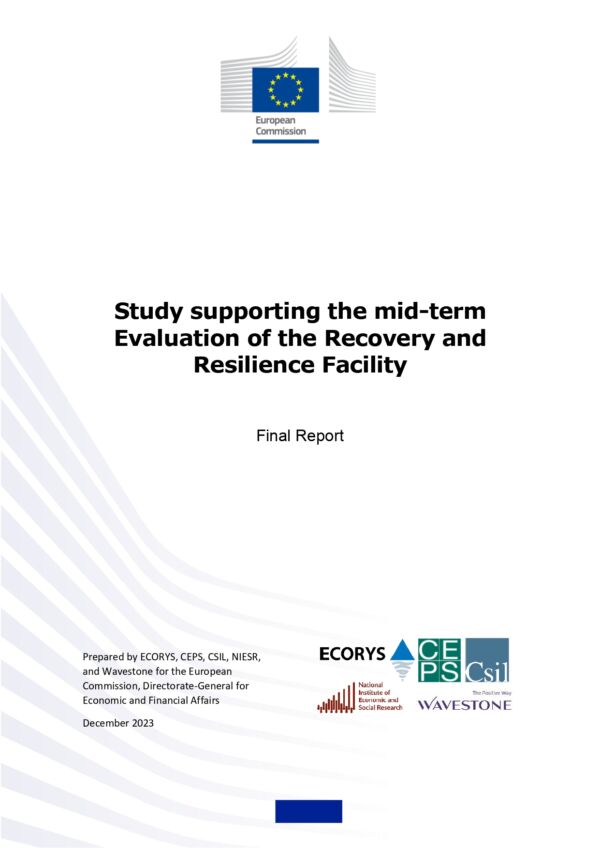The Hidden Rapid Erosion of EU Government Balance Sheets is a Financial Threat to Society
How to stop it
The EU is built on the promise of peace, economic prosperity and – since the Maastricht Treaty – also fiscal responsibility. The absence in several member states of a culture promoting responsible public financial management, however, has led to excessive public indebtedness, which negatively affects today’s economy and weighs heavily on the shoulders of future generations. Against this background, this paper argues that the introduction of modern Public Financial Management (PFM) systems – which not only take into account public debt but also non-debt liabilities and non-financial assets – can contribute to coupling economic growth with responsible fiscal policy. The tools exist and can provide the essential elements for stability and growth for member states and the EU as a whole. Changing the public management culture and reforming government accounts to reflect economic reality are essential steps Europe must take before it can reap the full benefits, and thereby create the necessary fiscal space and deliver better services to European citizens.
This report is a background document prepared as part of the work in a CEPS Task Force on public financial management which will subsequently provide policy conclusions for the EU. The Task Force and this report have benefitted from the financial and analytical support of the Kazarian Foundation for Public Financial Management and its affiliate J-InterSect (a global performance improvement company at the nexus of the commercial and social sectors) and the input of task force members, some of whom are international experts from as far away as the US and New Zealand.
Sole Special Advisor: Paul B. Kazarian











